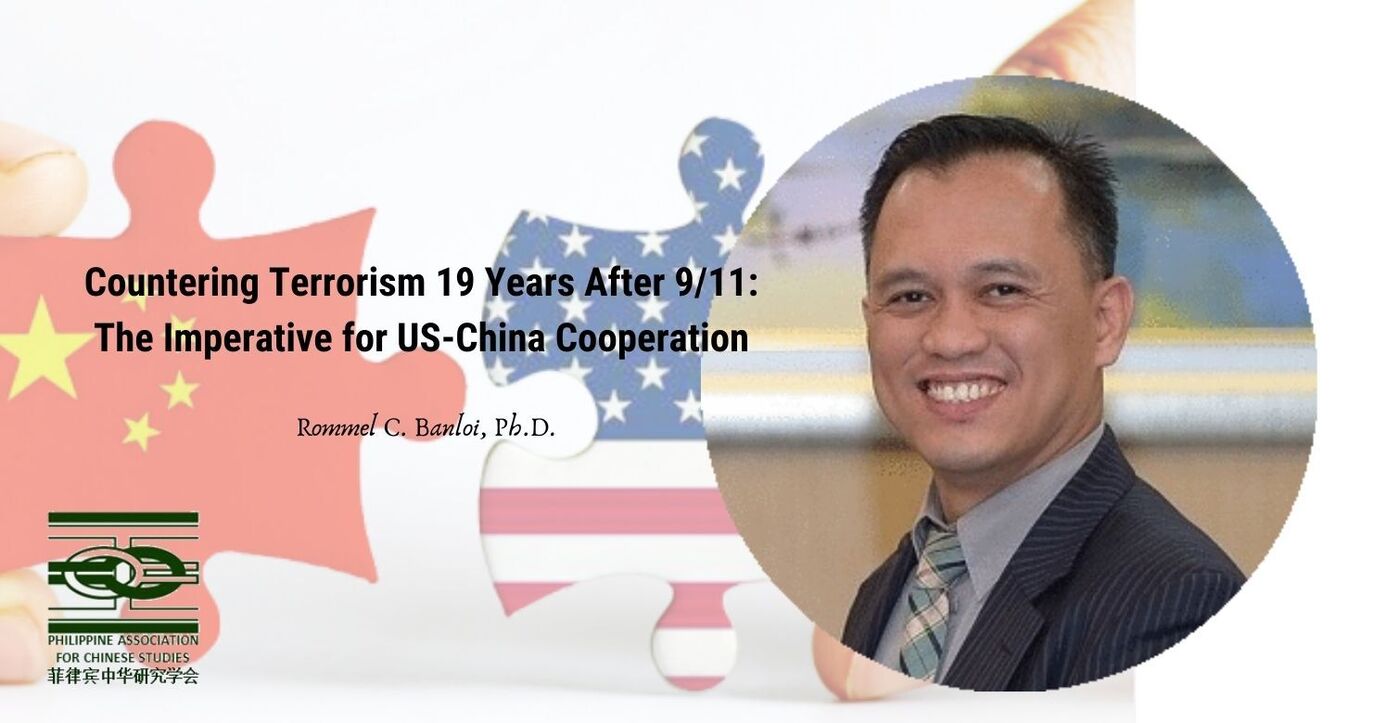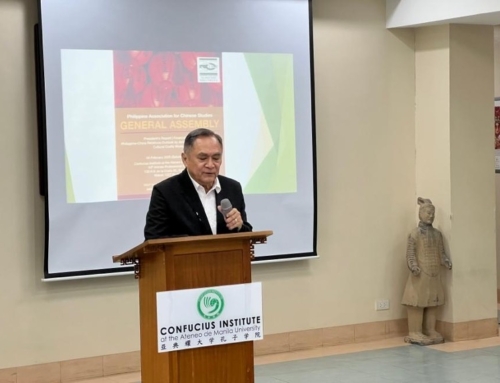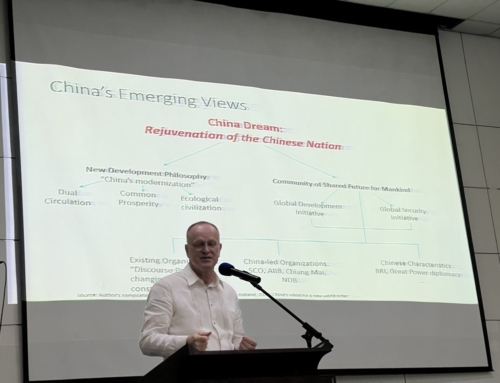Rommel C. Banlaoi, PhD, is currently the President of the Philippine Association for Chinese Studies (PACS). He is a Professorial Lecturer at the Department of International Studies, Miriam College, the Philippines. He is also the Chairman of the Philippine Institute for Peace, Violence and Terrorism Research (PIPVTR) and the President of the Philippine Society for Intelligence and Security Studies (PSISS). He is the author of several journal articles on Philippines-China Relations including the following books: Security Aspects of Philippines-China Relations: Bilateral Issues and Concerns in the Age of Global Terrorism (Rex Book Store International, 2007), Defense and Military Cooperation Between the Philippines and China: Broadening Bilateral Ties in the Post-9/11 Era (Chinese Taipei Council of Advanced Policy Studies, 2007) and Philippines-China Security Relations: Current Issues and Emerging Concerns (Yuchengco Center, De La Salle University, 2012).





